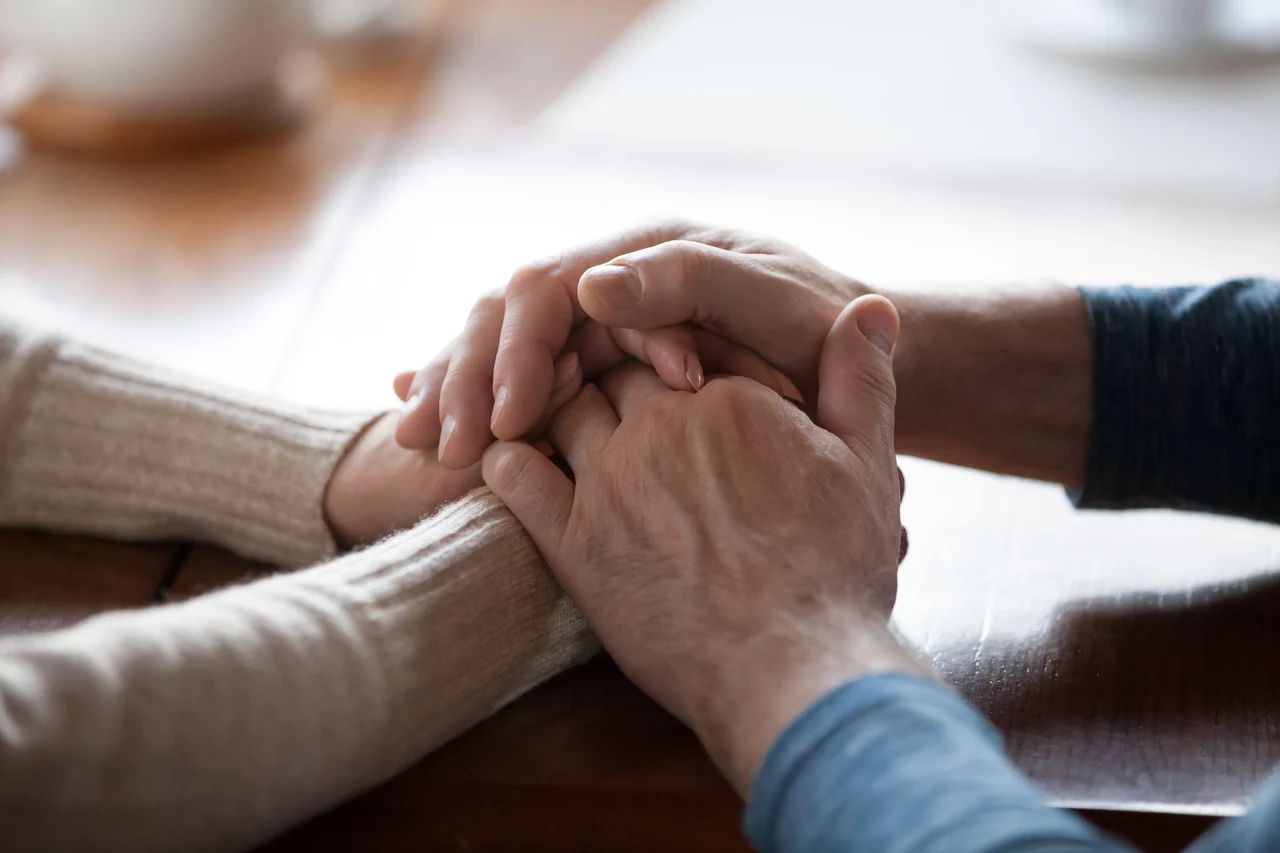

Their findings were published in a recent issue of PLoS ONE, and they focused on the effects of 3 types of supportive relationships (primary only [n = 385], secondary only [n = 108], primary + secondary [n = 127]) as well as lack of support (n = 384). Primary relationships encompassed long-term, legal, or romantic commitments, and secondary relationships, friends, family, and sexual or former romantic partners.
“We recognized that little was known about the types of supportive relationships these men were had—whether they were in committed romantic relationships, or if they relied on other nonromantic partnerships, such as family and friends,” said lead author Matthew Statz, a third year medical student at Georgetown University School of Medicine, in a statement. “The importance of social support has been clearly established in the management of chronic illness, including HIV.”
The 1054 men who provided data for the study were participants in the Understanding Patterns of Healthy Aging Among Men Who Have Sex with Men substudy of the Multicenter AIDS Cohort Study, and they were enrolled in 1 of 4 periods: 1984 to 1985, 1987 to 1991, 2001 to 2003, and 2010 to present. The disease status groups were well balanced (51.9%, HIV negative; 48.1%, HIV positive), and most were non-Hispanic White (74.6%) and had some college education (88.0%). Their median (interquartile [IQR]) age was 62.0 (IQR, 56.0-67.0) years.
Overall, 95.3% of the participants had partnership data, with almost equal amounts reporting no primary or secondary partnerships (38.2%) or primary-only partnerships (38.3%). Both primary and secondary partnerships were reported by 12.6% and secondary-only partnerships by 10.8%.
Support type prevalence correlated with differing demographics:
- Lower rates of primary-only partnerships were reported by men 62 years and older living with HIV who were Black non-Hispanic or Hispanic
- Higher rates of secondary-only partnerships were reported by men 62 years and older living with HIV
- Higher rates of neither type of partnership were reported by men 62 years and older living with HIV who were Black non-Hispanic
Rate differences dissipated when the investigators accounted for age, HIV status, race/ethnicity, and education level of men reporting both primary and secondary partnerships.
Analyses also revealed:
- Having just a primary partnership was reported mostly by men with a median age of 61.0 (IQR, 57.0-66.0) who did not have HIV, were White non-Hispanic, and had some college education
- Having just a secondary partnership was reported mostly by men with a median age of 64.5 (57.0-69.0) years living with HIV who were White non-Hispanic and had some college education
- Having no partnerships was reported mostly by men with a median age of 61.0 (54.0-67.0) years living with HIV who were White non-Hispanic and had some college education
- The overall median duration of a primary partnership was 33% shorter than a secondary partnership: 18.0 (IQR, 8.7-27.5) vs 24.0 (IQR, 12.0-35.0) years
The authors’ findings are especially critical because 66% of new HIV diagnoses are seen among men reporting male-to-male sexual contact and close to 60% of gay men older than 50 years are living with HIV.
“Perhaps most concerning,” they said, “was the prevalence of older gay men who reported having neither a primary nor secondary supportive relationship. Race, age, and HIV status were all independently associated with this category.”
In addition, the cumulative effects of aging, belonging to a sexual minority, and living with HIV have not been investigated in depth for how they affect supportive relationships. Of particular importance, the authors note, is that existing evidence links loneliness and major depression with “poorer adaptation to illness.”
Overall, men living with HIV were more likely to have just secondary, or no, support and statistically less likely to have a primary partner.
“Understanding how these men maintain psychological wellness as they age is contingent on accurate characterizations of the relationships on which they rely for their social and emotional support,” the authors concluded. “The data presented here could be used in subsequent work to further elucidate how such men distinguish between a primary or secondary partner and other supportive elements of their social networks.”
Future studies should aim to compare outcomes among men reporting primary partnerships before and after the Supreme Court legalized same-sex marriages in 2015 and how psychosocial resiliencies, loneliness, and other health outcomes—chronic illness management, social isolation, healthy aging—are affected by not having any supportive partnership
Reference
Statz M, Ware D, Perry N, et al. Primary and secondary supportive partnerships among HIV-positive and HIV-negative middle-aged and older gay men. PLoS ONE. Published online February 17, 2021. doi:10.1371/journal.pone.0245863